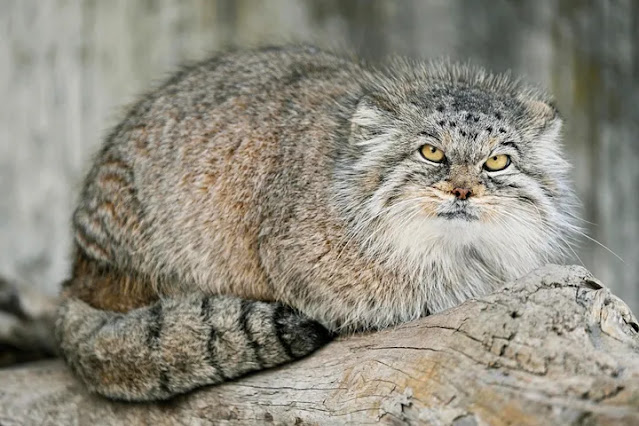A roundup of the week's news of birds and the environment:
Pine Siskins are among my favorite winter visitors.*~*~*~*
Coal is economically outmatched by renewable sources of energy. It is more expensive to keep coal-fired power plants running than it is to build new wind or solar plants.
*~*~*~*
Six western states that rely on water from the Colorado River have agreed on a model to cut their use of water in the basin, but so far California is the one hold-out state that has not agreed.
*~*~*~*
It's a unique partnership: Bottlenose dolphins help Brazilian fishermen pull their catch in.
*~*~*~*
Why do bears rub against trees? It seems that there may be more to it than simply scratching an itch.
*~*~*~*
The EPA has blocked the Pebble mine project in Alaska, a move that will protect a valuable salmon fishery.
*~*~*~*
A black bear was apparently fascinated by a wildlife motion-activated camera near Boulder, Colorado, and ended up taking hundreds of "selfies."
*~*~*~*
It's been an unusual winter in New York City. The city will set a record for its longest stretch in winter without measurable snowfall.
*~*~*~*
This beautiful shorebird, the American Avocet, is the American Bird Conservancy's Bird of the Week.


Good morning, Dorothy. I grabbed a coffee a while ago and settled in for the long read. Getting to your blog is akin to weekend therapy. Microrewilding is a trend I hope will catch on. Some years ago we totally naturalized our yard, front and back, and the native species we have planted have provided a little wildlife oasis. The diversity in a suburban backyard is quite remarkable. I have noticed a trend that homeowners are reducing the area occupied by lawns (green deserts) and that's a good sign. I have been reading of dire cold in Texas. I hope that you have not suffered. With my very best wishes - David.
ReplyDeleteWest Texas suffered some pretty cold temperatures this week, but here in Southeast Texas, our daytime temperatures have been in the 60-70 degree Fahrenheit range and nighttime in the 40s. (As you may have heard, it is a big state.)
DeleteJust yesterday I was finally able to differentiate between a Pine Warbler and a Goldfinch. I didn't realize that Pine Siskins are similar to Goldfinches, too.
ReplyDeleteThat American Avocet is magnificent. So much beauty in one bird!
Pine Siskins and winter American Goldfinches are very similar indeed and often flock together. And I couldn't agree more about the American Avocet - truly one of the most beautiful of our shorebirds.
DeleteLots to read, as usual. The highlights: (1) It doesn't surprise me one bit that California is the hold-out on the Colorado River water situation. (2) The selfie-loving bear made me laugh, and (3) The article on microrewilding really captured my interest. Thanks for bringing it to my attention.
ReplyDeleteIt's what I do!
Delete